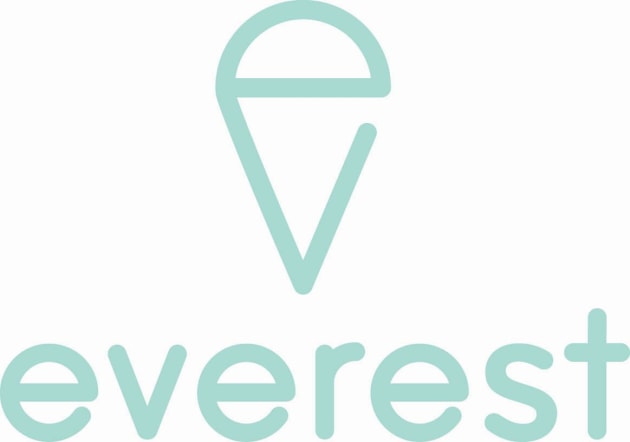Melbourne manufacturer Everest Ice Cream has unveiled new company branding with a view to unifying its disparate product ranges.
Everest sells its well known Dixie ice cream cups to Australian hospitals and schools, and its artisan gelato and bulk ice cream - under the Norgen Vaaz, Gelateria and Everest brands - to scoop and serve ice cream parlours, hotels, restaurants and cafes.
Everest CEO, Darren Pike, who announced the rebrand at the recent Fine Food Show in Melbourne, said that private equity company Allegro Funds, which acquired the 60-year old company for $30 million last year, recognised the potential to rejuvenate the ice cream brand.
The firm plans to invest $6-10 million into Everest over the next three years, and the rebrand - which includes a new overarching Everest logo for all products – as a key part of that rejuvenation strategy.

Everest Ice Cream was founded in 1958 by an Italian migrant family to supply the local Italian community with traditional ice cream desserts. Since then, the company has changed ownership five times, although it's always been Australian-owned. Its previous owners include the Ubaldi and Mourbray families, Colonial Ice Cream, and Kraft.
After a review of the brands, Pike says, the company decided to develop a brand architecture that is just Everest.
“The branding was very old and dated, and hadn't changed for 20 years. Our heritage is Italy, so we looked at that, and the whole team was involved in the refresh,” Pike says. “The new brand look is very retro, clean, and corporate.”
Expanded production and packaging capabilities at its manufacturing operations in Reservoir, Victoria will also deliver a wider breadth of pack formats that scale from single-serve Dixie cups to bulk packs.






